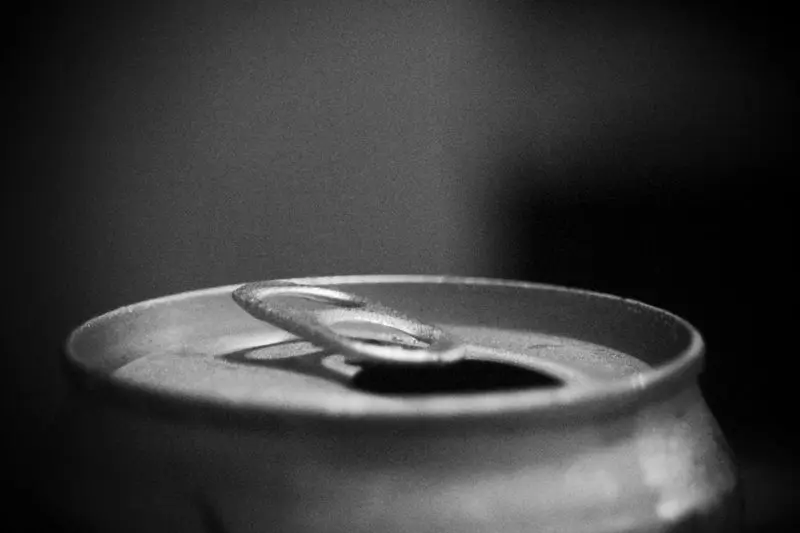Your teeth are remarkably resilient. Coated in enamel, which is the hardest substance in the human body, those pearly whites of yours are designed to resist the harsh effects of certain ingredients found in food, coffee and other drinks known to contribute to tooth decay.
Damage resistant and durable though your teeth may be, they’re not invulnerable to deterioration, which can be expedited by routinely selecting foods and beverages that are highly acidic.
While there is nothing necessarily wrong with eating certain foods and drinks that contain acid occasionally, you may want to be careful about the frequency with which you consume the following things. As you’ll see, many of the ones mentioned are quite good for you from a nutritional standpoint:
1. Citrus-based fruits
From lemons to limes or oranges to grapefruits, the citrus family of fruits are loaded with deliciousness, fibre and vitamin C, a key nutrient to your immune system’s ongoing well-being. The problem is their juice has a high level on the pH scale, the measuring system designed to gauge acidity.
Acid is anathema to enamel and eats away at the invisible film that coats your teeth. While virtually no medical doctor, nutritionist, dietitian or dentist would tell you to stop eating any citrus completely, you may want to avoid overindulging in them or balance out eating citrus by minimising or eliminating something else that may be high in acid.
 Soda is something you should try to avoid to preserve your teeth.
Soda is something you should try to avoid to preserve your teeth.2. Carbonated beverages
The tang, the sweetness, the bubbly effervescence — what’s not to love about soft drinks? Well, a number of things, actually. Aside from the fact that they’re empty calories, contributing next to no health benefits whatsoever, the mixture of caustic ingredients like citric acid and potassium benzoate combine to create a harsh blend that can give your teeth a real beating. Several studies show that regular and ongoing consumption of soft drinks can lead to dental erosion. Once enamel weakens, your teeth are more liable to damage, sensitivity to cold or hot temperatures and several other serious oral health issues.
If at all possible, try to avoid soft drinks and replace them with water or seltzer water. Seltzer contains carbonation, which can be a worthwhile substitute for soft drinks by recreating the effervescence traditional carbonated beverages are known for.
Another reason to avoid carbonated drinks is the artificial colouring. In colas especially, the caramel colour can turn your brilliantly white teeth noticeably darker. One way of reversing these effects is by getting your teeth professionally whitened and subsequently no longer drinking soft drinks or cutting back on how many cans you drink per day.
3. Sour candies
Candies may not come as a surprise, given how high in sugar most of them are, but you should be particularly cautious about the sour, chewy variety that kids are known to love. Similar to the tartness of citrus, sour candies contain ingredients that react differently when they meet with the teeth compared with candies like chocolate — and not in a good way. Sour candies are also frequently on the chewy side, which makes them more prone to sticking to your teeth and thus weakening their enamel. Unlike other elements of the human body, once you lose enamel, it’s gone for good. It won’t grow back like fingernails or hair.
 Ice cubes should be only for cooling, not for chewing.
Ice cubes should be only for cooling, not for chewing.4. Ice
This one may come as a surprise. After all, if ice is composed of water and water is extraordinarily good for you how could the frozen version be bad for your teeth. It all boils down to the fact that it’s frozen. In raw form, an icy cold beverage won’t do anything but keep your drink chilled. But when it’s chewed on, the hardness of the cubes can potentially cause very small microfractures. As they proliferate, your enamel may not be able to withstand the pressure and strip away, making you more vulnerable to dental emergencies that require repair, such as chipping or cracking.
5. Tomato-based products
Tomatoes are packed with nutrition-building vitamins, minerals and phytochemicals that give disease and sickness a one-two punch; it’s ideal they’re found throughout the food chain, from sauces to condiments to traditional salads. Nevertheless, tomatoes are very high in acid relative to other fruits and vegetables.
Don’t avoid tomatoes entirely, but be mindful of where you’re getting your fill from. For instance, it’s likely wiser to eat a fresh tomato in a tossed salad than from ketchup, since the latter contains added sugars and high fructose corn syrup.
You’d be amazed by how healthy you can keep your teeth by slight adjustments to what you eat. If you have any concerns about a new diet plan or a current one and how it’s affecting your teeth, City Dentists is happy to help. Contact us today.
